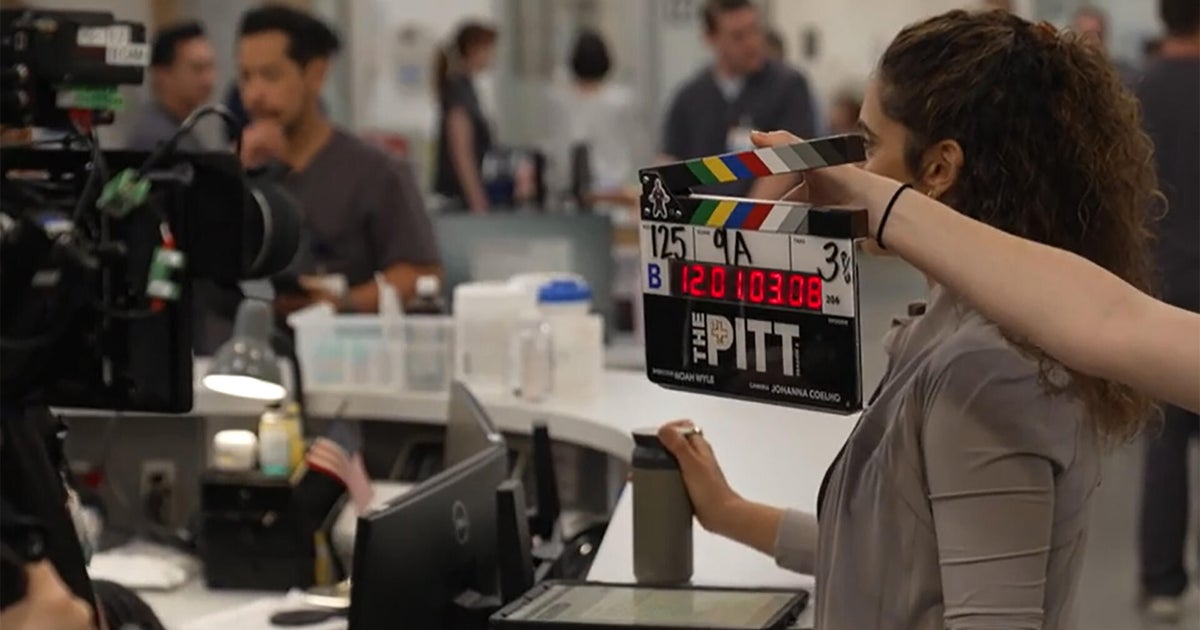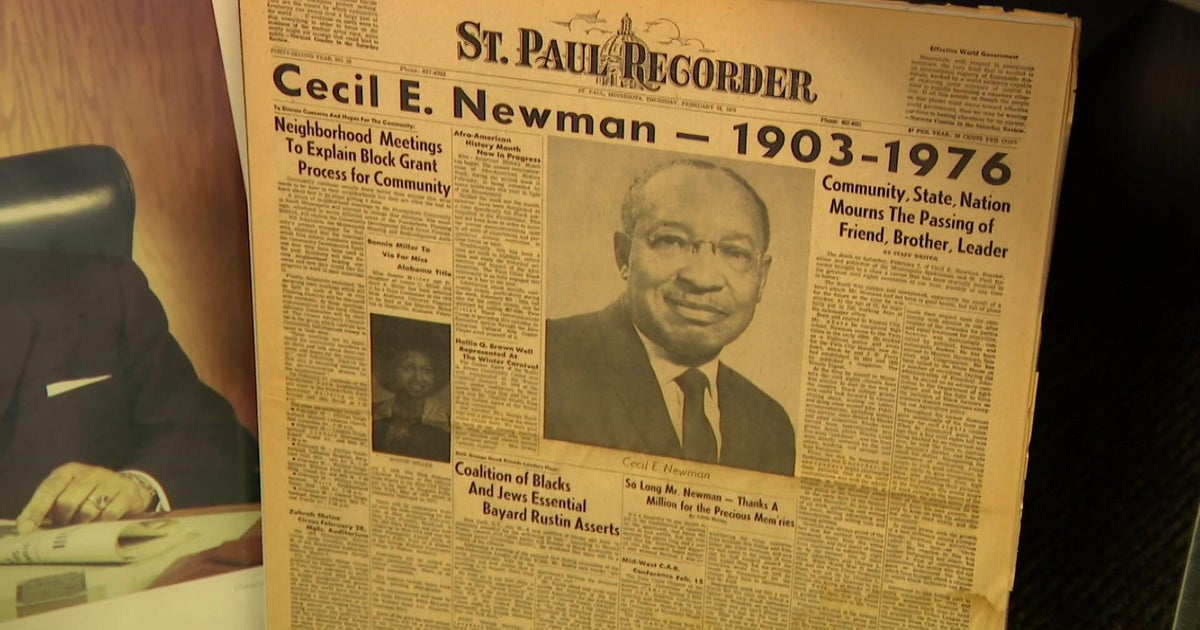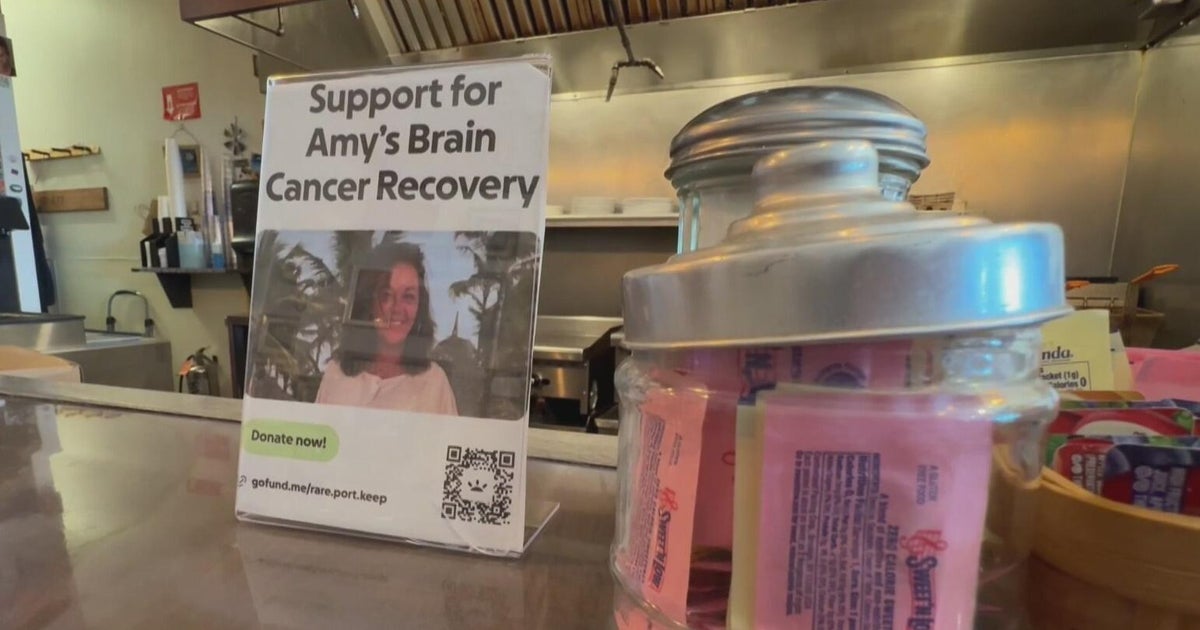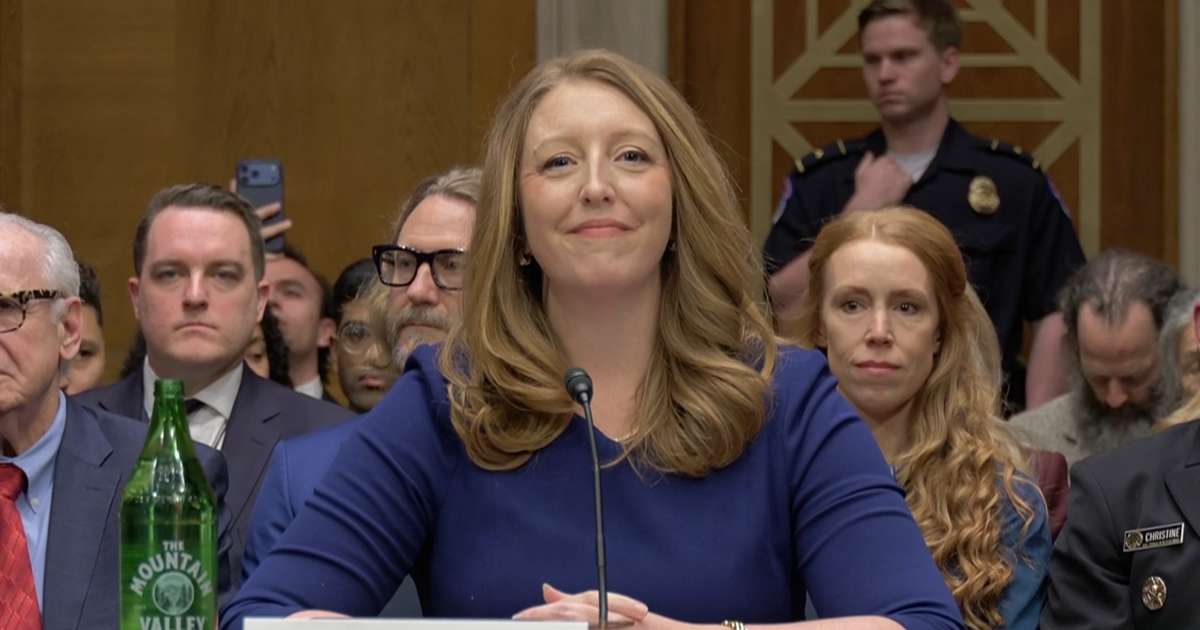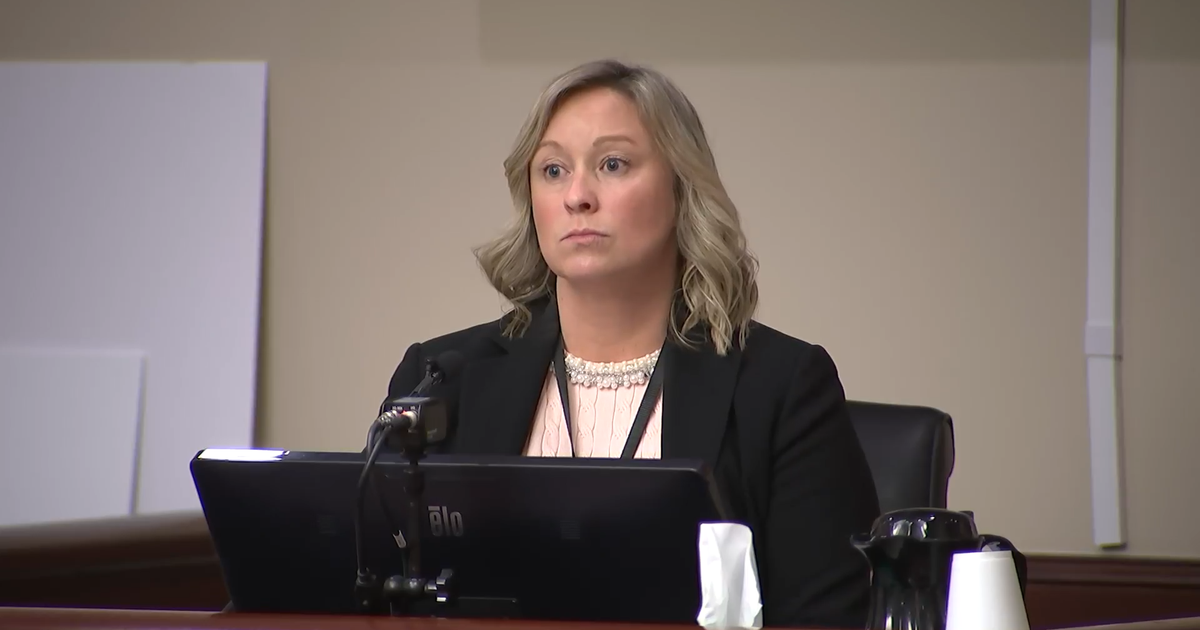'Watching And Waiting' Trial Eliminates Surgery For Some Breast Cancer Patients
PITTSBURGH (KDKA) -- Doctors are working on a new way to treat breast cancer that does not include surgery, hoping it could be a better option for many patients.
When Deanne Whitley found a lump in her breast, she thought it was a cyst since she's had clusters of cysts before.
"Went to the doctor's, and was surprised when they asked me to stay," she said.
Turns out, it was more than a cyst. Deanne had breast cancer, a type called HER2 positive.
She planned to tell her son, who was at college, but her search history on the iPad told him first.
"He's like, 'Why you? You don't deserve this.' And I'm saying, nobody deserves it. It's a part of life," she said.
She responded well to chemo, and expected surgery next.
"The removal of a breast, just the thought of that, it's very difficult to imagine yourself. You feel like you're losing a part of yourself," Deanne said.
"The standard of care at this point in time is that after their treatment is done, that surgery is performed," says UPMC breast surgeon Dr. Emilia Diego.
But an unexpected option came up. Her doctor asked if she wanted to participate in research -- the Exceptional Responders Trial. In this study, instead of getting surgery, patients are just carefully watched with scans.
"And I said, 'What? you don't have to cut me?'" said Deanne.
"There are many situations where women who receive chemotherapy have no evidence of breast cancer remaining in their breast," says Dr. Diego.
With modern chemotherapy regimens for HER2 positive cancer, this happens for six out of 10 women, just like Deanne.
"You have to wonder what the purpose of the operation was if there was really nothing to remove anymore," Dr. Diego said.
In the study, at the end of chemotherapy, participants get repeat mammograms, ultrasounds and sometimes an MRI scan to show there is no cancer left. Doctors also do a repeat biopsy to confirm.
Study participants get mammograms and breast ultrasounds every six months for five years.
"Most recurrences in breast cancer of this type happen in the first five years," Dr. Diego explains.
This multi-center trial is looking for more women to take part in the study, 50 in all.
To participate, their tumor must be HER2 positive and smaller than three centimeters. However, women younger than 40 are not eligible.
Some women are all for taking part. They say: "Why do I need an operation to potentially change my appearance and disfigure my breast if you're going to tell me that after you've done that procedure there really wasn't any cancer left?"
Others are more hesitant. They say: "I'm not that brave. I believe that because in 2019, the standard of treatment for breast cancer still includes an operation, even if I believe and you tell me there's a chance the breast cancer is no longer in my breast, I don't think I can sit with the idea that I'm not going to have an operation."
As a safety measure, if cancer recurs in any of the patients in the first year, the trial will be shut down.
"If we can figure out with a small group of women that this is a feasible approach to breast cancer care, I anticipate that it will change practice, and spur the idea of having a larger scale national clinical trial," said Dr. Diego. "I would love to see myself out of a job. I would love to be able to say breast cancer surgery is not necessary for all types any more."
Since Deanne is skipping surgery, she will go straight to radiation treatments. She understands she will need an operation if the cancer shows up on any of her future scans.
"The only thing that could happen is that I need surgery, and I was already slated for surgery," says Deanne. "Things are going exceptionally well for me. I'm healthy, I'm working out, I'm eating right."
With a positive attitude and a solid support system, Deanne is ready to tackle her cancer with this unique new "watching and waiting" approach.
